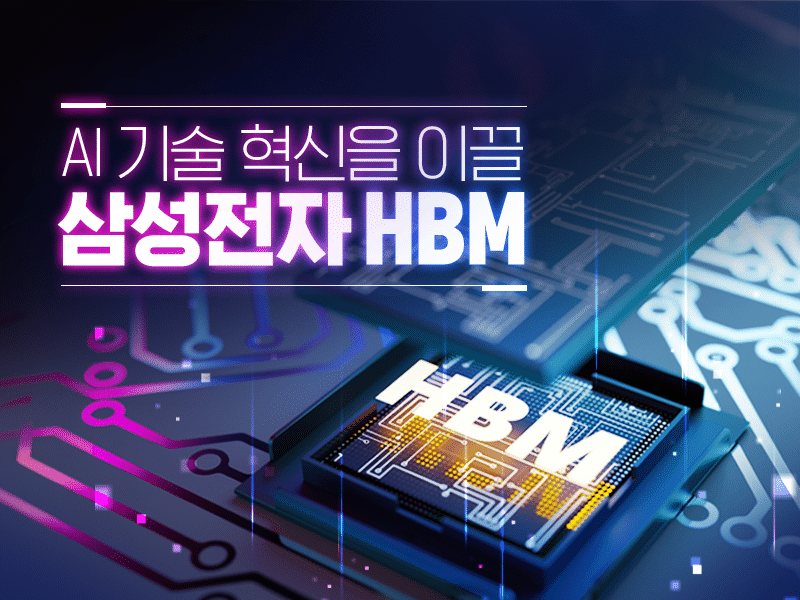Samsung has officially announced that it will launch its HBM4 memory for GPUs in 2025, promising significant innovations with a 16-layer Hi configuration and 3D manufacturing. This announcement puts Samsung in direct competition with Micron, who also plans to release their new memory next year, although Samsung is starting five months behind.
The South Korean tech giant has confirmed that its HBM4 will be an advanced solution specifically designed to meet the increasing demands for high-speed hardware required in artificial intelligence (AI). This type of memory is crucial for overcoming bottlenecks that limit the performance of AI applications, especially now that the industry is moving towards the use of optical interconnections like Celestial AI’s Photonic Fabric.
In February of this year, Samsung had already made a leap forward with the launch of its 36 GB DRAM 12H HBM3e, the fifth generation of its HBM memory, using 12-layer technology bonded by TSV (through-silicon vias). With HBM4, Samsung plans to go beyond the current 2.5D architecture, using a 3D approach that will allow the memory to reach a capacity of up to 48 GB per stack, adding up to a total potential of up to 384 GB in a single GPU for AI.
The implementation of HBM4 not only involves an increase in the number of layers per stack but also the adoption of a “Base Die” similar to the “Base Tile” used by Intel in its Meteor Lake technology. This base die is located at the bottom of the central die and facilitates communication between all the chips in the assembly, allowing for the assembly of 16 Hi layers.
Furthermore, Samsung will introduce HBM-PIM (High Bandwidth Memory enabled for Processing-In-Memory) technology with its HBM4, promising to further enhance the performance and efficiency of memory solutions for data-intensive applications.
This development positions Samsung prominently within the specialized memory market, although it faces the challenge of delays that have altered its initial plans for implementing HBM3 to HBM4. However, with its innovations, Samsung is gearing up for intense competition in the AI memory market, where efficiency and capacity are critical.

